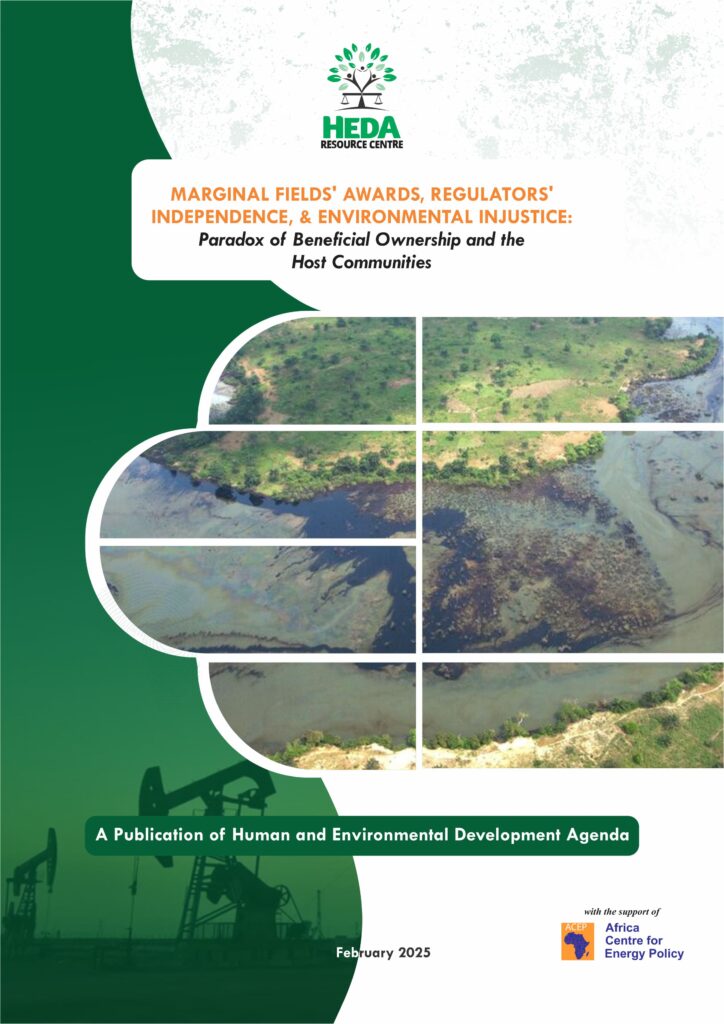Impunity Galore: A Chronicle of Some Unresolved High Profile Corruption Cases in Nigeria (1999-2022), is a collection of corruption cases being investigated by the EFCC, ICPC, Senate and House Committees of the Nigerian law-making body- The National assembly. The collection is centred on cases between 1999 till 2022.
Chapter One highlights the historical journey of Nigeria since independence in 1960, the crisscrossing of different epoch of governments whether military or civil rule till 2022. In chapter one, readers will find an economical characterisation of the ruling class, and how members of the ruling class have contributed to 60 years of underdevelopment of the Nigerian state. The chapter lays emphasis on the interminable rhetoric of the ruling class that is certainly not matched with realities. Interestingly, the chapter also captures a plethora of agencies and committees created by the same ruling class to address the menace of corruption which has grown unabated over the years. However, there are recommendations offered to political actors offered in this chapter with a view to addressing the menace of corruption.
Chapter Two captures a broad-spectrum description of corruption from various perspectives of pro anti-corruption organisations like the world bank and establishes a nexus with one of HEDA Resource Centre’s publication which was released earlier in 2019. There is a short historical trace of the establishment of the two major anticorruption agencies – EFCC and ICPC. The chapter attempts to stress the paradox of a nation endowed with so much but have majority of its citizens lives in poverty. The chapter again concluded with recommendations to help foster policy discussion and formation.
Chapter Three is centred around the aim of the study, which is to identify and compile unresolved corruption cases, either investigated by the National Assembly [NASS], and Executive of the Nigerian government other than those undertaken by the statutory anti-corruption bodies or not as well as those of the anti-corruption agencies. It underscores the constitutional provisions for governments both at the National and sub-National to address corruption, and it concluded on the challenges of fighting corruption.
Chapter Four summarises a catalogue of unresolved alleged corruption cases by the executive, legislative arms of government in Nigeria since 1999 till date. it also attempts to give a sense of status of these alleged corruption cases
Chapter Five, which is the concluding chapter, summarises the key findings of this study, conclusion and key recommendations to the Executive, Legislature, the judiciary, Civil Society Organisations, and the media.
Download a copy here Impunity Galore


